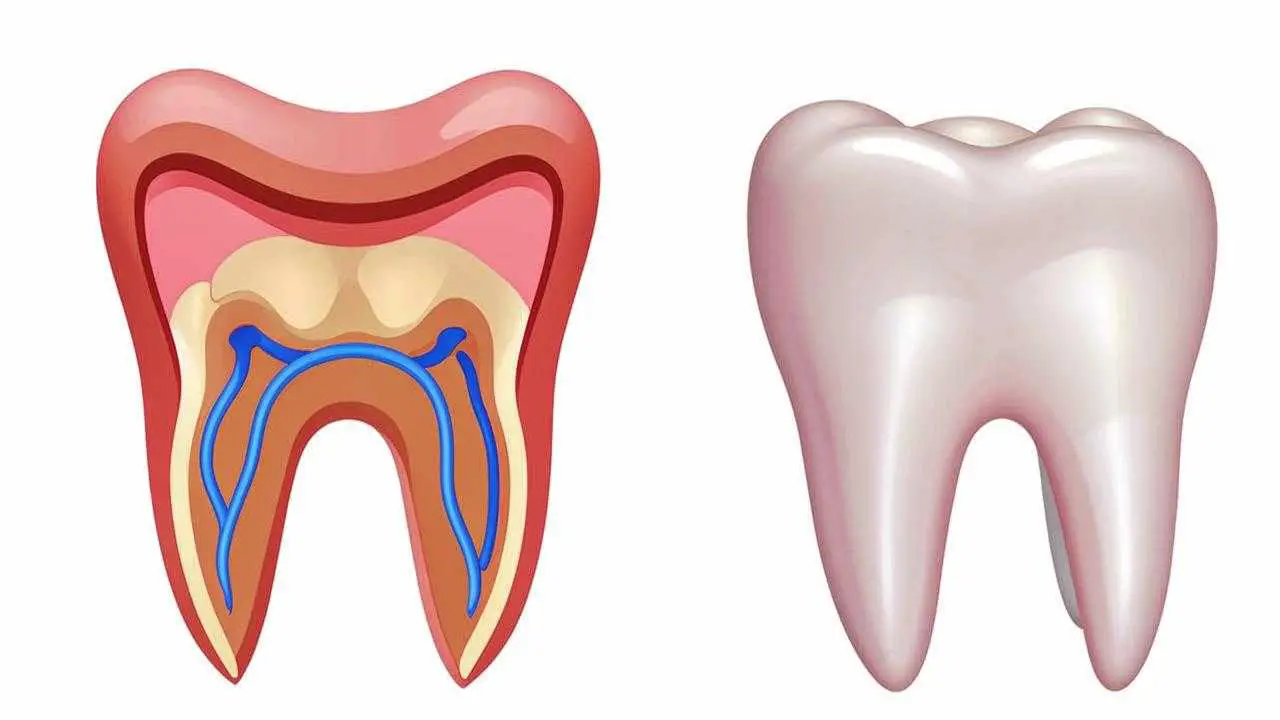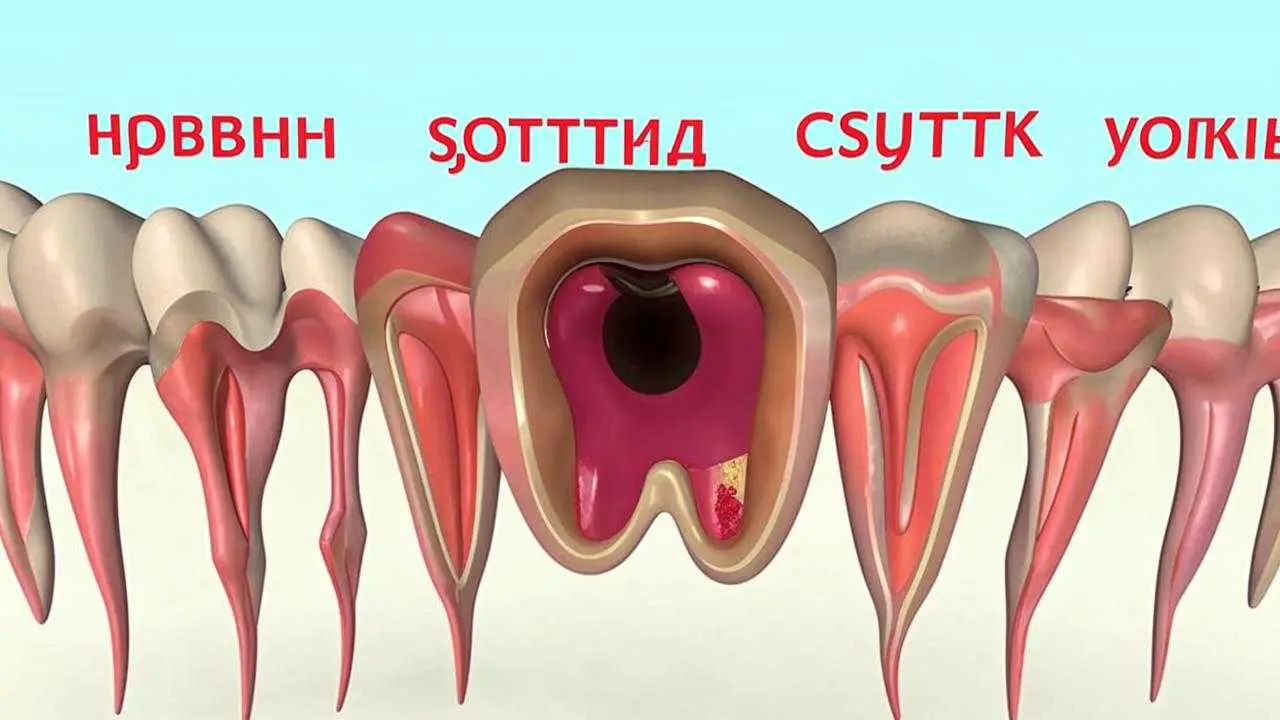Dental treatment can be therapeutic or surgical, and pain can occur after either type of intervention. If the wisdom tooth hurts after treatment – in most cases, this is a normal physiological reaction of tissues to the procedure performed. Usually painful sensations are quickly bought anesthetic drug, pass independently in a couple of days. But there are situations when the pain after the removal of the eight is due to complications or violation of the technology of medical manipulation.
The dentist will necessarily advise the patient on how the normal process of recovery after the intervention, in the appearance of what symptoms should immediately consult a doctor. If all the doctor’s recommendations regarding the rehabilitation period are fulfilled, but painful sensations only increase – this is a direct indication to come for another appointment.
Types of extraction
Wisdom teeth (eights, third molars) are larger than other dental units in the row. They differ not only in size, but also in the complex anatomy of the root system. An eight has from 2 to 6 roots, which are often closely intertwined. Given the complex location of wisdom teeth, a significant wound is created when they are removed.
The risk of complications will directly depend on how complex the extraction of the eight was. With a simple extraction, when the tooth is intact, the roots are not fused, there are no other pathologies (pulpitis, periodontitis, etc.), the risk of complications is minimal. In such a situation, the doctor uses forceps or an elevator to extract the tooth from the hole.
If the wisdom tooth is misaligned (horizontal eruption, severe curvature), intertwined roots, significant destruction of the crown part, the presence of inflammation, a more global surgical intervention may be necessary. Gum incision, sawing the tooth with a drill into parts, removal of root fragments through the bone of the jaw and other manipulations, significantly increase the traumatic nature of the procedure. Aching pain, swelling after the removal of an eight, fever (up to 37.5℃), hematoma on the cheek – this is a normal reaction to the intervention, which lasts no more than 5-7 days.
Why complications occur
After extraction, a wound remains in the gum and bone, in which a blood clot (fibrin) is formed. It “seals” the wound, preventing infection, becomes a base for the formation of new tissue that fills the space formed after the removal of the 8-ca. After uncomplicated removal, healing lasts about a week. On the 3-4 day, the blood clot is gradually replaced by granulation tissue, which gradually fills the entire hole. After a month, the granulation tissue is completely replaced by connective tissue, and after 3 months – by bone.
Removal of third molars can have negative consequences, which manifest themselves almost immediately after the intervention. Among the most common complications:
- “dry hole” – when a blood clot does not form or resorbs too quickly;
- paresthesia – damage to nerve endings around the removed unit;
- alveolitis – inflammation of the hole;
- bleeding;
- cyst – fibrous formation at the site of the extracted tooth;
- endogenous periostitis (flux).
In rare cases, there is stomatitis, osteomyelitis, trauma to the jaw, perforation of the floor of the maxillary sinus. The appearance of complications is usually associated with ignoring the dentist’s recommendations regarding oral hygiene during the healing period, decreased immunity, violation of the technique of surgical intervention.
Pain after wisdom tooth extraction
Patients are always interested in the question, how many days does the jaw hurt after wisdom tooth extraction? Painful sensations after undergoing surgery are a standard tissue response to trauma. Normally, soreness subsides in a few hours or within 3 days after extraction (in case of complicated extraction). The amount of pain a patient experiences after wisdom tooth extraction is an indication of the success of the procedure.
- The first discomfort and soreness appear 2-3 hours after the intervention (when the effect of the anesthetic stops).
- Thefirst 3-4 days there is a nagging pain, redness and swelling of soft tissues. If the extraction was successful, and the well is properly cared for, the pain syndrome will gradually disappear.
- The next 2 weeks, if there are no complications, the wound is completely healed, there may occasionally be a slight soreness in the evening.
- After 3 weeks, all discomfort should disappear.
If the wisdom tooth was pulled out and it hurts for more than 5 days, while the intensity of pain increases, it becomes throbbing, debilitating, accompanied by fever, swelling – this indicates a complication, requires immediate medical intervention.
What can be associated with pain
If the pain after the removal of the eight does not subside within 5-7 days, but on the contrary, it intensifies, this may indicate a complication:
- Alveolitis – inflammation of the hole, associated with the absence of a blood clot, poor hygiene, infection of the wound or the presence of a bone fragment in the hole (if the tooth was extracted in parts).
- Severe damage to the blood vessels of the surrounding tissues – in addition to pain, there is a hematoma, swelling of the gum, cheek.
- Allergy to anesthetic, blood-stopping sponge (if it was used during the procedure).
With the development of inflammation, the pain is joined by an unpleasant odor, purulent discharge from the hole, the formation of gray plaque, increased lymph nodes, fever, deterioration of general health. In this case, you need to immediately see a doctor.
Aching jaw
When the jaw hurts after wisdom tooth extraction, it is usually due to the fact that the surgeon put pressure on it to gain access to the molar. Or blood vessels, nerve endings, and ligaments of neighboring dental units were injured during the procedure. These symptoms are quite normal, if there are no difficulties with opening the mouth, there is no pronounced swelling of the gums, soft tissues of the face.
Painful swallowing
After the extraction of the lower 8, there may be pain in the throat or when swallowing. Such a symptom appears against the background of severe damage to soft tissues, with pronounced swelling of the gum, cheek or due to injury to the trigeminal nerve. If the trigeminal nerve was affected during surgery, there is not only pain, which can recoil in the temple, ear, neck, but numbness on the face, in the area of the removed unit, increased salivation. Also pain in the throat can occur if there was inflammation or purulent process around the affected molar. Such a symptom can persist for up to 2 weeks. To avoid complications, you should visit a neurologist or dentist.
Pulsating pain
If the gum is aching after the removal of a wisdom tooth, but the discomfort is quickly relieved by analgesics, in 2-3 days it comes to nothing – this is evidence of normal healing. Pulsating pain in the jaw or gum on the contrary, indicates a probable inflammation, damage to blood vessels, nerves. In neuritis (damage to the jaw nerves), it can go to the neck, throat, temple, ear, eye. Painful sensations increase, do not let you sleep, interfere with normal life – in this case, you should immediately go to the dentist, it is a sign of inflammation.
How to relieve pain, unpleasant sensations
- Do not touch the blood clot in the hole with your tongue, toothbrush, hands or foreign objects;
- make mouth baths from decoctions of herbs, antiseptic solutions;
- if the pain goes to the ear or other part of the head – take an anesthetic;
- exclude hot food and drinks.
If the gum hurts for a few days after wisdom tooth extraction or headache – do not worry too much. To cope with such symptoms will help analgesics prescribed by the dentist. If the unpleasant sensations do not go away after a week, painkillers do not help much, you need to go to the doctor. If the temperature is higher than 37.5℃, which does not decrease to normal, the development of an allergic reaction (to analgesics, sponges), a sharp deterioration of health – the doctor should be contacted immediately.
Recommendations for oral care after wisdom tooth extraction
- Remove the swab 20 minutes after extraction;
- Do not eat or drink for3 hours;
- Do not brush your teeth for the first 24 hours after surgery;
- perform oral hygiene gently, without touching the cavity with a brush;
- do not rinse the mouth intensively (you can wash out the fibrin clot from the hole);
- from the 2nd day after extraction, make mouth baths with antiseptic solution, herbal decoctions (pour the solution into the mouth, hold it for a while and spit it out);
- 3-4 days after the intervention eat soft, warm food, exclude hard foods, hot drinks;
- 7-10 days after surgery do not visit sauna, swimming pool, beach, gym, solarium, minimize physical activity;
- do not warm the area of the well;
- take painkillers prescribed by the doctor;
- refuse smoking, alcohol until the tissues are completely healed.

